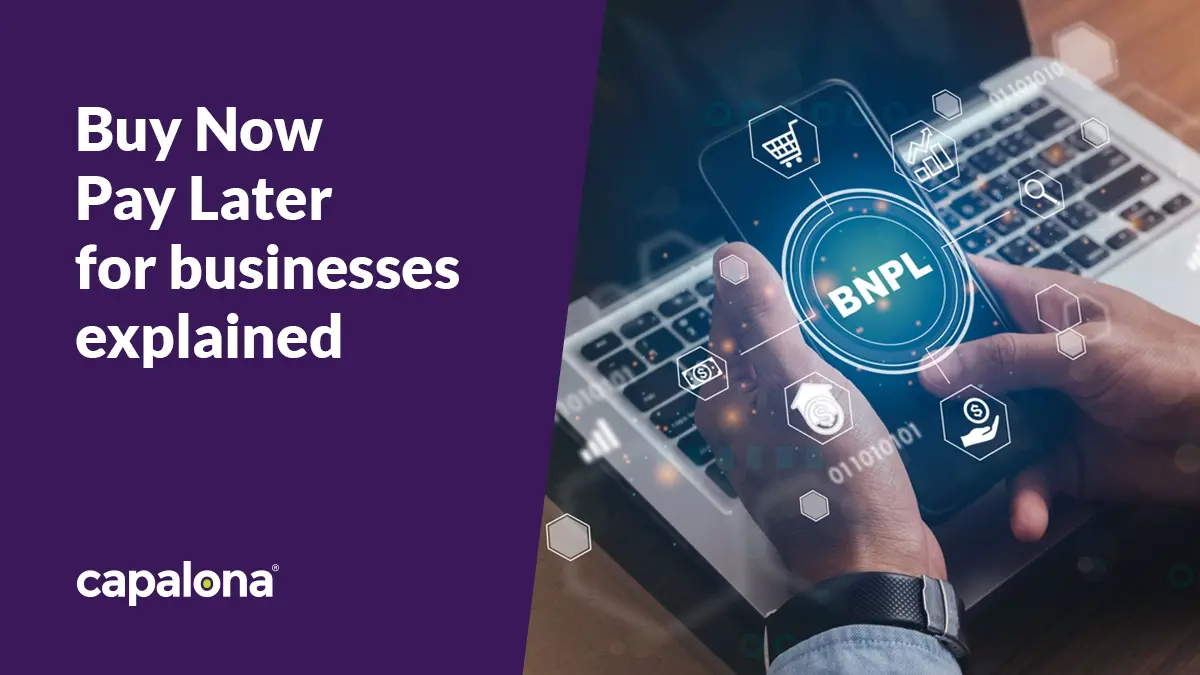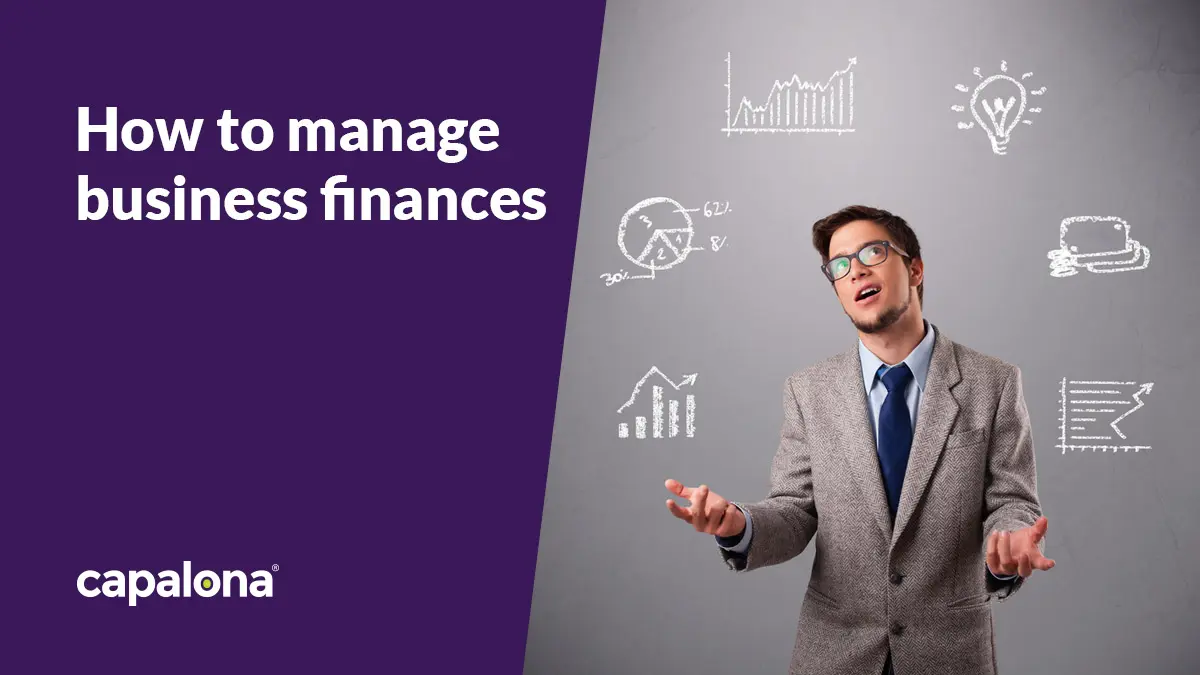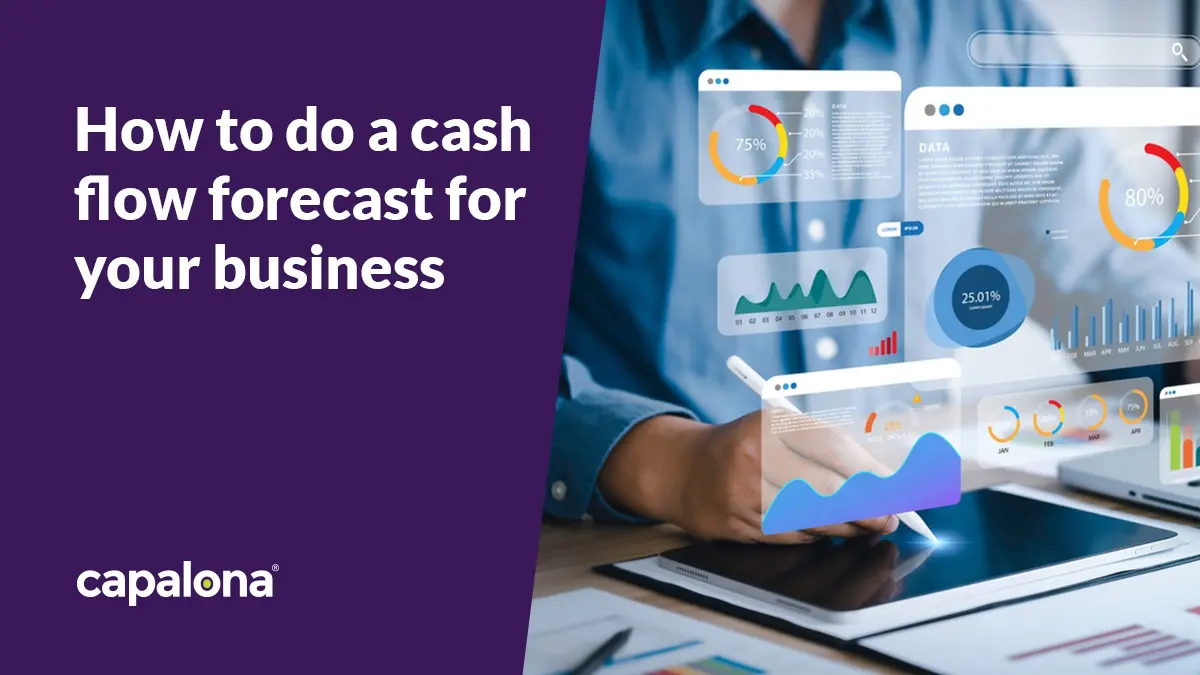Managing business finances can be a balancing act. When you see an opportunity for growth, i.e. you spot a clothing trend emerging, but you don’t want to deplete your working capital immediately, trade credit can help you.
Read on to learn more about what trade credit is, the types of trade credit and its advantages and disadvantages.
What is trade credit?
Trade credit is an agreement between a business and the supplier where they can order goods without paying for them immediately. This short-term financing arrangement gives business owners the chance to pay at a later date, usually between 30 and 90 days later.
How does trade credit work?
The trade credit process is relatively straightforward and loosely follows these four steps:
- Supplier and the buyer agree on payment terms, i.e. net 60 days
- Supplier delivers goods or services to the buyer
- Supplier invoices the buyer
- Buyer makes payment in line with the trade credit agreement
What businesses use trade credit?
Many different types of businesses in various industries benefit from using trade credit:
- Retailers can purchase stock to anticipate trends or make the most of seasonal peaks.
- Manufacturers can use trade credit to delay expenditure on raw materials before creating and distributing the finished product for sale. This means they're not out of pocket while they take time creating the product.
- SMEs looking to conserve working capital. If your cash flow isn't as healthy as you want it to be, trade credit is a great way to improve it. Many SMEs use it so they can grow quickly.
- Construction companies can use trade credit to purchase all supplies and materials needed for construction projects. This helps tradies deliver the job without financial obstacles before they receive final invoice payment.
Six types of trade credit
There are a few different types of trade credit a seller can offer its customers:
1. Open account
This is where the seller and customer agree goods are paid for net 30, 60 or 90 days after the goods are delivered. You might find open account is the trade credit type most offered trade credit option available.
2. B2B Buy Now Pay Later
Buy Now Pay Later (BNPL) gives buyers the option to spread the cost of the goods or services over a period of time, say a month or two. Think Klarna or ClearPay, but specifically for businesses.
3. Consignment
Consignment is popular in the retail space because it means you’re not holding onto unsold stock in your warehouse. Instead, you buy the stock, pay for whatever the customer purchases, and return anything unsold. This stops you from unnecessarily paying for stock storage space.
4. Revolving credit
Revolving credit allows the customer (you) to purchase goods up until a pre-agreed credit limit without paying a penny. Once they reach the limit, let’s say that’s £2,000, the seller will invoice them. This option again keeps cash in the business longer, which means you can reinvest any working capital you do have.
5. Cash-on-delivery (COD)
If you don’t want to pay for your goods upfront, there’s good news, you can opt for COD (cash-on-delivery). This means you can keep cash in your bank account a little longer and pay only once the goods are delivered.
6. Instalment credit
Instalment credit helps break down the cost of purchasing goods over a pre-agreed period, six months, perhaps. This makes the next few months of expenses predictable and cash flow manageable.

What are the advantages of trade credit?
Trade credit is used for many reasons; here are just a handful:
- Interest-free financing: There aren’t many interest-free financing options, but trade credit is one of them. There are no additional fees associated with deferring invoice payment using trade credit.
- Keeps cash in your small business: By deferring payment, you can better manage cash flow by spreading out business expenses.
- Supports strategic growth: With trade credit, you don’t have to delay purchases that have growth potential. I.e. you can still purchase that stock to anticipate a high sales volume without an initial financial outlay.
- It's quicker to secure: Unlike traditional loan applications, applying for trade credit is quicker with fewer formal parts to navigate. Simply sign a trade credit agreement and start using it.
What are the disadvantages of trade credit?
Just as with any financing option, there are some disadvantages of trade credit you should consider.
- Financial risks: If you fail to make payments on time, you risk damaging your credit score and can face fines and penalties for late or missed payments.
- Not always suitable for startups: As a new business, you pose a risk, so lenders might be reluctant to offer trade credit. P.S. Don’t worry; there are plenty of alternative financing options.
- You can damage supplier relationships: If you fail to make timely payments, suppliers might decide they don’t want to work with you again, which can put your small business at risk.
- Can easily rely on it: Although finding a reliable financing solution can be a good thing, it can also become very easy to rely on it, which can trap you in a cycle of debt.
Is trade credit considered a type of loan?
Yes, trade credit is an unsecured business loan. This means that the lender (seller) will not require collateral from you to grant the loan. Instead, your creditworthiness and payment history will be taken into account.
If you have bad credit, that doesn’t mean they won’t allow you to apply for trade credit, but it can mean you have more limited options, and you might not be able to access the best credit terms or amounts. Instead, you can always consider applying for a bad credit loan.
Alternatives to trade credit
If you’re not eligible for trade credit, or you want to understand your other options, there are plenty of alternative funding solutions available.
Here are just a few:
Unsecured business loan
If you’ve got a good credit history and you need access to finance quickly, applying for an unsecured business loan could be a good option. With an unsecured loan, you can have funds (up to £500,000) in your bank account in as little as 48 hours.
Secured business loan
If you have a poor credit history, you want a larger loan amount, or you want to access favourable interest rates (and you have a commercial asset to use as collateral), a secured business loan might be best for you. These loans allow you to access in excess of £10 million, lower interest rates and repayment terms of up to 10 years.
Invoice finance
Invoice finance is a great alternative to traditional business loans or trade credit agreements. You’re essentially accessing an advance on up to 95% of your invoice payment. So, instead of waiting for your customer to pay the invoice in 30 days, for example, you see the money almost instantly, instead. This keeps cash flow healthy.
Startup loan
If you’re a new business, you might struggle to secure trade credit. In that case, you might be eligible for a startup business loan. These loans are specifically designed with new businesses in mind, helping you access the cash you need to strategise and grow quickly.
Bad credit loan
Although you might have fewer loan options with bad credit, it doesn’t mean you can’t find a lender who is willing to lend you a bad credit loan. Plenty of lenders assess loan applications on a case-by-case basis. We work with many UK lenders, making finance accessible to businesses with all credit scores.
Get a quote today
Our FREE self-serve loan comparison platform makes comparing lenders and loan offers quick and easy. Share what you’re looking for and watch our eligible loan products appear ready to compare.
Compare total repayable, interest rates and more, all from the same screen. Getting a quote doesn’t affect your credit score, and you’re not obligated to accept any loan offered.






